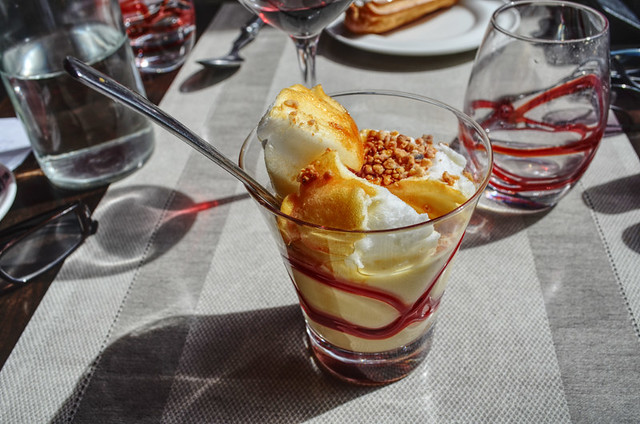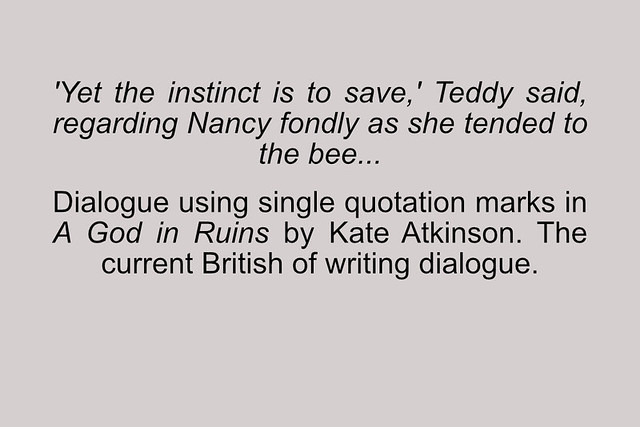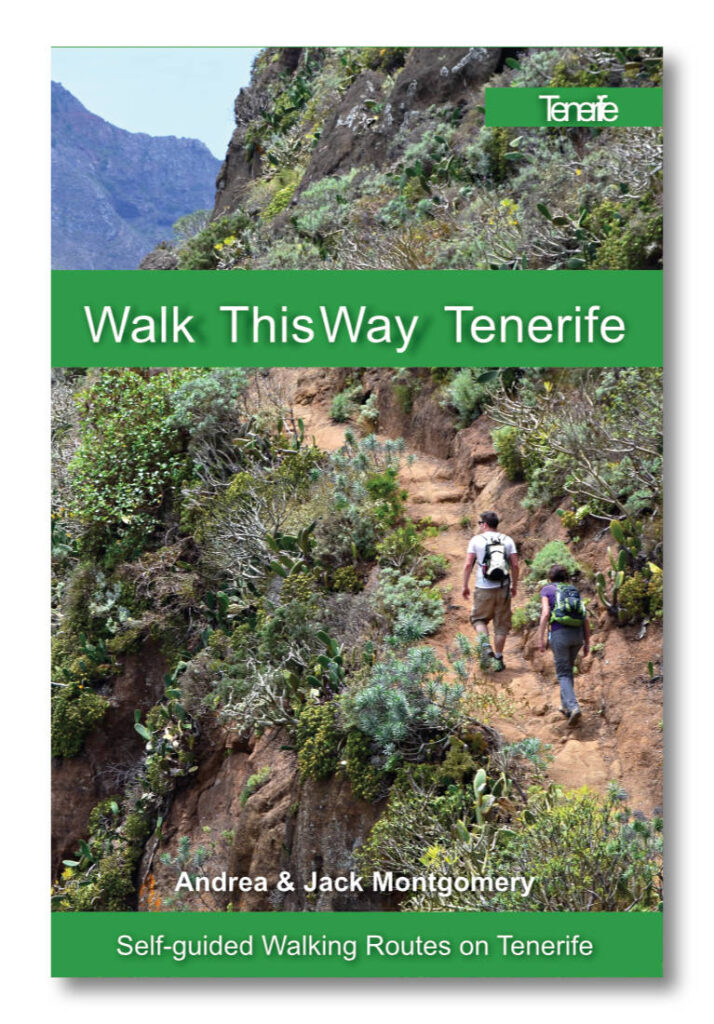This week, one of the topics I’ve been writing about is desserts, to tie in with the Queen’s Platinum Jubilee celebrations, specifically the Platinum Pudding Competition. Although the angle was straightforward enough, one of the pieces threw up a prime example of the perils encountered when it comes to the fluidity of language and writing.
I used the competition as an angle to talk about desserts around Europe, and that’s where the issue arose. When talking about French desserts, I referenced profiteroles, eclairs, soufflés, and îles flottantes, among others. I didn’t italicise the first three, but I did italicise the last. Why?
I pondered this for a while before sending it for proofreading and am expecting this very question fired back at me. But here’s my rationale. Generally accepted writing advice is you italicise foreign words except when they have fallen into common usage in English.
Profiteroles, eclairs, and soufflés all fall into the common usage category, but îles flottantes doesn’t. So, there you have it … except it doesn’t feel or look right having some words italicised and some not when they all relate to French desserts. And this is the problem with hard and fast rules where writing is concerned.
I’ve long argued that grammar sticklers don’t understand or appreciate that the use of language is fluid, and to try to set rules in cement is not only shackling, it’s setting yourself up to come a cropper at some point.
Because language changes and so do accepted rules.
There’s now a growing body of people who feel that no non-English words should be italicised, that to do so is to show you feel cultural dominance. It would remove the pondering for sure, but old habits die hard. As a result, I haven’t embraced this approach yet.
Another example of the fluidity of language and writing
On a similar theme, I’m currently reading a book where quotation marks aren’t used to denote dialogue. It was slightly confusing at first, but I quickly got into it, and it’s a technique that works which, in writing and communication terms, is all that matters. But it shows how practices can be all over the place. If writing dialogue for a US publisher, double quotation marks are the general rule. Yet when writing for a UK publisher, single quotation marks are preferred.
And there’s the key word in all this – preferred. Often, it’s not down to any definitive edict, rules are made, broken, and reinvented to suit someone’s personal preference and societal trends.
And once you know that it frees you up to write whatever the hell you want, as long as you can justify it.















